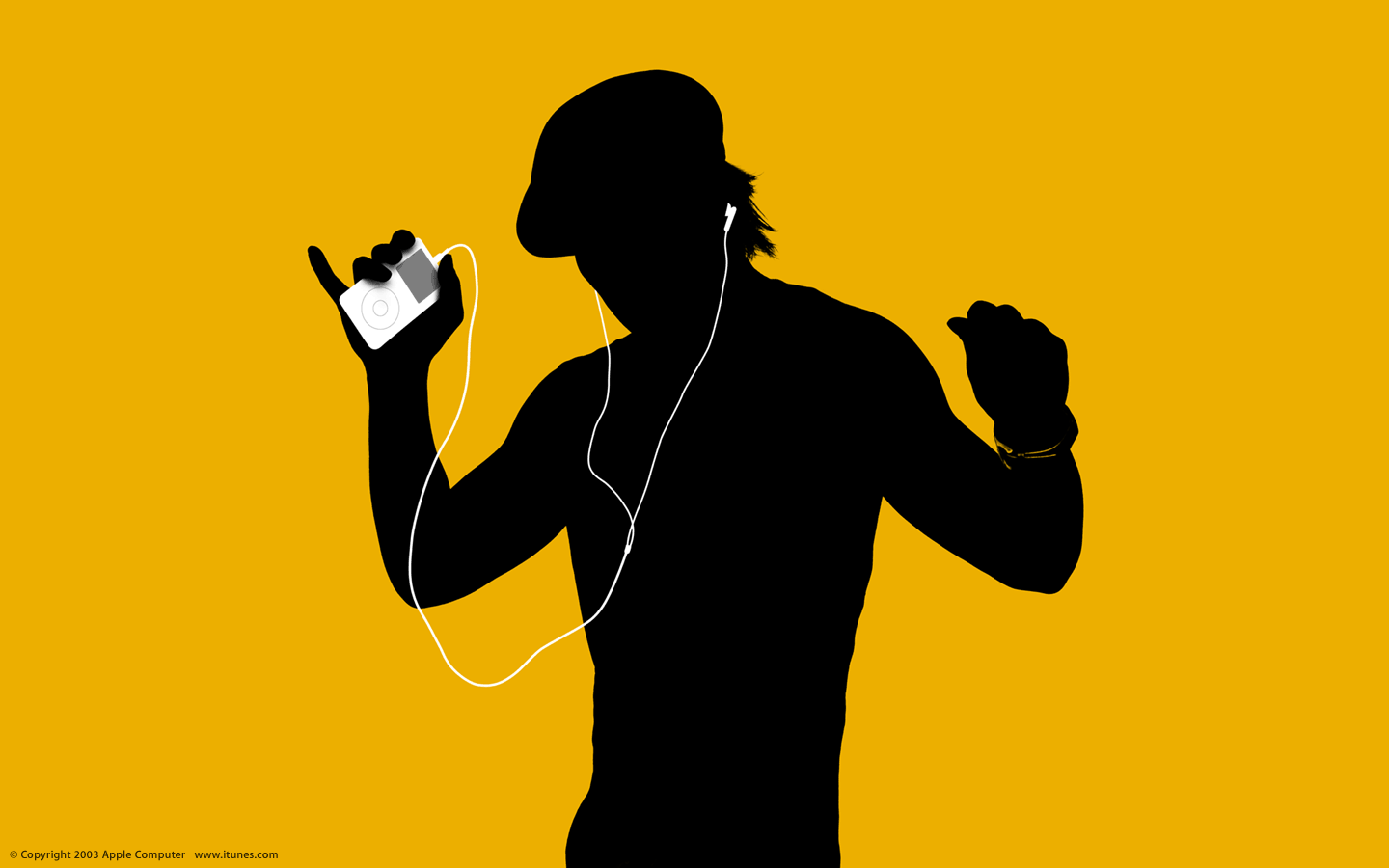 November 22, 2005: Two-and-a-half years after opening its virtual doors, the iTunes Music Store enters the list of top 10 U.S. music retailers. While iTunes sales numbers can’t yet match the selling power of established retail giants like Walmart, Best Buy and Circuit City (or fellow tech company Amazon), this milestone nonetheless represents big news for Apple — and digital music distribution as a whole.
November 22, 2005: Two-and-a-half years after opening its virtual doors, the iTunes Music Store enters the list of top 10 U.S. music retailers. While iTunes sales numbers can’t yet match the selling power of established retail giants like Walmart, Best Buy and Circuit City (or fellow tech company Amazon), this milestone nonetheless represents big news for Apple — and digital music distribution as a whole.
iTunes sales make Apple a major player in music biz
At the time, CD sales were starting to decline after hitting their peak in the early 2000s. The iPod and other MP3 players made digital music portable, and file-sharing sites like Napster fueled piracy. Fearing for their future, record labels signed deals with Apple that created an easy way for customers to pay for digital music rather than stealing it: the iTunes Music Store, which launched in 2003.
The surprising iTunes sales figures released on this day in 2005 came from data-analysis firm The NPD Group. It reported that, in the third quarter of 2005, Apple cracked the list of top U.S. music retailers. While the report gave no exact figures, it confirmed that Apple’s iTunes model was very much in the ascendancy.
The list went like this, with the comparative position for 2004 in parentheses:
1. Walmart (1)
2. Best Buy (2)
3. Target (3)
4. Amazon (4)
5. FYE (10)
6. Circuit City (tied for 5)
7. iTunes (14)
8. Tower Records (tied for 7)
9. Sam Goody (tied for 5)
10. Borders (9)
The news about iTunes sales numbers served as a significant reminder of how quickly Apple carved out a name for itself in this area.
iTunes sales numbers: On the rise
The iTunes Music Store had only debuted a couple of years earlier, on April 28, 2003. At the time, digital music was synonymous with music theft — courtesy of pirate services that made illegal downloads big business. The fact that sales of iTunes downloads made Apple’s digital store as profitable as some of the giants selling music the old-fashioned way came as a big relief to the music industry.
The iTunes sales numbers didn’t come as a total surprise, though. It was clear virtually from Day 1 that iTunes would be big. By December 15, 2003, Apple celebrated its 25 millionth download. By the following July, Apple sold its 100 millionth song. And iTunes went on to sell millions of music videos and even distribute feature films.
iTunes rises on the music charts
Perhaps more than other industries, the music biz loves charts. Seeing iTunes sales numbers crack the top 10 offered proof positive that Apple had a winner on its hands. In fact, iTunes proved unstoppable during the first decade of the 21st century.
Apple sold songs by the billions. By February 2010, Cupertino had become the single largest music vendor in the world. Meanwhile, some established giants (like Borders Group, ninth on the list here and now defunct) ran into problems.
However, as streaming services like Apple Music and Spotify supplanted digital sales in subsequent years, iTunes’ days became numbered. Apple finally pulled the plug on iTunes in 2019. With the release of macOS Catalina, Cupertino split up iTunes into three dedicated apps: Apple Music, Apple TV and Apple Podcasts.
Do you remember your first iTunes download? Let us know in the comments below.


